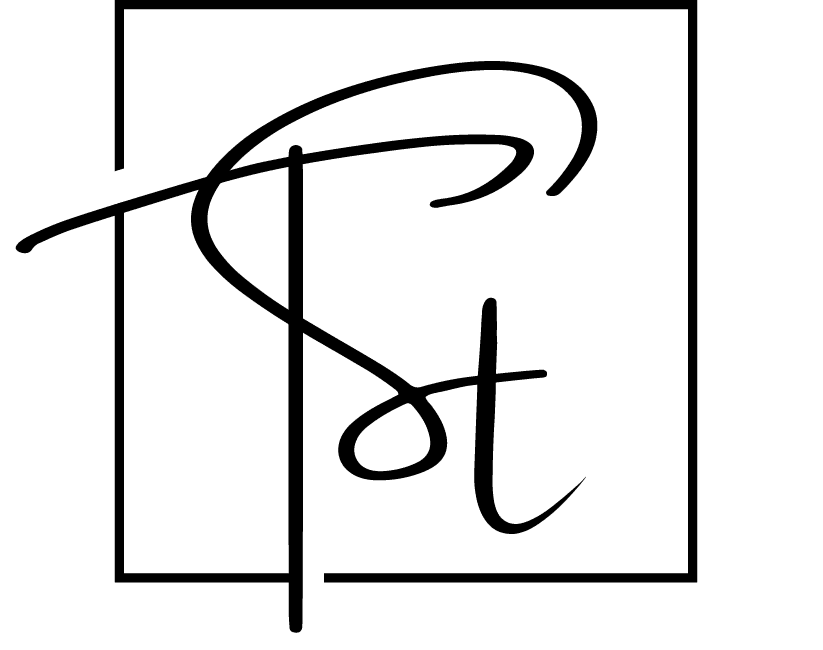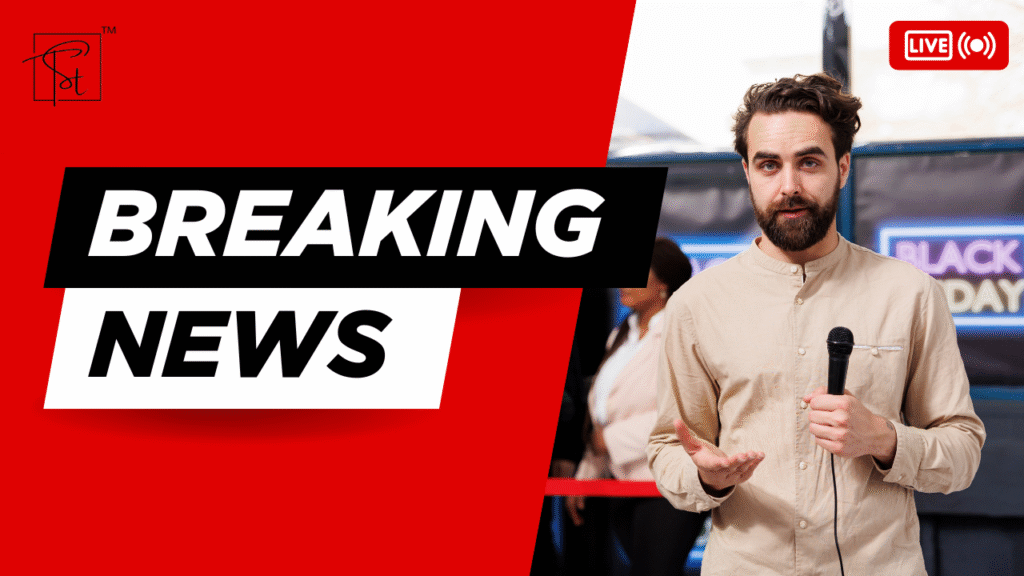EU Election Shock Results Trigger Political Shakeup Across Europe
Published: June 10, 2024 | Last Updated: June 10, 2024
What just happened in Europe? If you’re scratching your head after the latest EU election shock results, you’re definitely not alone. In a dramatic set of outcomes that unfolded over the past 24 hours, voters across the European Union have made it loud and clear — they want change. Major political powers are feeling the aftershocks, and the entire continent is buzzing with speculation, excitement, and a whole lot of uncertainty.
Let’s dive into what went down, break it all apart, and figure out what this could mean — not just for Europe, but for the rest of the world too.
What Are the EU Elections, Exactly?
Before we jump into the juicy stuff, here’s a quick refresher: every five years, European Union citizens vote to elect their representatives in the European Parliament. This group handles laws that affect *all* 27 EU countries — think digital privacy, climate change legislation, consumer protection laws, trade rules, and more. So yeah, these elections? They matter — big time.
Usually, the European Parliament is a coalition-heavy arena. Traditional parties like the European People’s Party (EPP) and the Socialists and Democrats (S&D) have held the most power historically. But 2024 threw a serious curveball.
EU Voters Send a Strong Message
This weekend’s results were anything but ordinary. From Paris to Berlin and Rome to Warsaw, voters sent a clear signal: the old guard isn’t cutting it anymore. Many have grown frustrated with the establishment parties over issues like immigration, the rising cost of living, energy policy, and even the EU’s handling of international conflicts.
Here’s a snapshot of the biggest shifts:
- Germany: The far-right Alternative for Germany (AfD) party surged to second place, despite major controversies. That’s a big wake-up call in Europe’s most powerful economy.
- France: President Emmanuel Macron’s Renaissance party didn’t just stumble — it cratered. Marine Le Pen’s National Rally, a far-right party, took the lead by a huge margin.
- Italy: Prime Minister Giorgia Meloni’s Brothers of Italy party crushed expectations, strengthening its foothold in both national and EU politics.
- Belgium: Prime Minister Alexander De Croo resigned after his party was wiped out in a national vote held alongside the EU elections.
These aren’t just symbolic victories — they shake up real legislative power. Think of it like a political earthquake rippling across 27 countries at once.
Viral Headlines, Real Consequences
Yesterday’s results have dominated headlines across the globe — and for good reason. TikTok, Reddit, and X (formerly Twitter) exploded with videos, memes, and live reactions to the shift. Some called it the “European Uprising,” while others dubbed the night the “Redefining of Europe.” Either way, the social media buzz is matching the seriousness of the political fallout.
Is this the start of something big? Let’s explore the ripple effects.
The Rise of Right-Wing and Populist Movements
This is perhaps the most talked-about takeaway from the 2024 EU elections: populist and far-right parties are growing stronger than ever.
Why Is This Happening?
There are a few key reasons this surge seems to be happening now:
- Immigration concerns: Many voters feel overwhelmed by immigration policies they see as too open or mismanaged.
- Economic strain: With inflation, energy price hikes, and stagnant wages, frustration is running high.
- National identity: Some feel the EU threatens traditional values, culture, and sovereignty. Right-wing parties play into these fears hard.
- Green policies backlash: While urgent, climate-friendly laws (like carbon limits and bans on fossil fuels) have drawn criticism for being too fast and expensive.
Does this mean Europe is moving backward? Not necessarily. But it’s definitely re-evaluating how united it really wants to be — and who should be steering the ship.
Macron Responds with a Bold Move
Of all the election-night surprises, one stood out the most: French President Emmanuel Macron called a snap legislative election, just minutes after exit polls painted a dire picture for his party.
This is high-risk maneuvering. France has been increasingly divided, and if the far-right continues to gain ground, Macron’s leadership could enter uncharted territory. Talk about drama!
What Could This Mean?
This could potentially lead to a scenario where France’s government is led by two opposing powers — Macron as president and a far-right prime minister in parliament. That’s called “cohabitation,” and it turns governing into a tricky, delicate dance.
The EU’s Balancing Act Gets Harder
With more hard-right politicians entering the European Parliament, the overall tone is going to shift. That’s already making many wonder:
“Can the European Union stick together through all of this?”
The EU was built on the idea of unity — 27 countries working together to solve big issues, despite their differences. But with nationalist parties gaining steam, expect more debates around how much power the EU should really have.
Green Agenda Under Pressure
The EU has been a leader in environmental policy. But now, with results tilting toward new political players, greens and progressives are losing some of their influence.
That doesn’t mean climate goals are off the table forever, but the path forward will be slower and a lot more complicated.
So what’s next for Europe’s green dreams?
- Stricter emissions regulations may be watered down
- Funding for renewable energy could face more voting hurdles
- Farmers and rural groups — already angry about EU green laws — may now have stronger voices in Brussels
How the Rest of the World Is Reacting
In the U.S., China, and beyond, political analysts are paying very close attention to the EU election shock results. A stronger right-wing EU body could affect:
- Trade deals with non-EU countries
- How Europe handles the ongoing war in Ukraine
- Its overall role in global climate and diplomacy efforts
Think of the EU as a dance partner on the world stage. If it suddenly changes rhythm, everyone else has to adjust their steps.
Breaking It Down: What It All Means Moving Forward
The 2024 European elections have stirred the pot. When you shake things up this much, change is inevitable — but not always immediate or obvious. Here’s what you should keep an eye on:
1. Who forms the Parliament’s majority?
Coalitions will now be harder to build. Since no single bloc holds enough seats, messy negotiations are guaranteed as parties scramble for influence.
2. Policy slowdowns and infighting
More voices at the table mean slower decision-making. Especially on hot-button issues like digital regulations, farming subsidies, and defense spending.
3. Rising voices against EU expansion
Some new MEPs (Members of European Parliament) are pushing hard to stop further EU growth. That could affect countries like Ukraine who are waiting in line to join.
4. National elections coming up
France isn’t the only country getting a surprise election. Eyes are also on Austria, Poland, and Spain, where national votes could echo this EU sentiment.
A Personal Reflection: Democracy in Action
I remember studying in Belgium ten years ago. Back then, the EU felt like this big, mysterious powerhouse that was more bureaucracy than anything else. Now? It’s right at the center of one of the boldest political rollercoasters we’ve seen in decades.
Whatever your views, this election reminds us that when people vote — real change happens. That’s as democratic as it gets.
Final Thoughts: A Turning Point for Europe
The 2024 EU Election shock results have sent tremors through the institution’s foundations, marking a historic moment that will redefine European politics for years to come.
Will this be the start of a more divided Europe? Or a chance for a new vision to emerge? Only time — and future elections — will tell.
Quick Recap
- Major far-right and populist gains across Germany, France, and Italy
- French President Macron called surprise national elections
- Environmental policies and EU unity now face stronger political resistance
- Global watchers are closely monitoring how this reshapes alliances and policies
What Do You Think?
We want to hear from you! Do the EU election results excite you, concern you, or both? What issues matter most to you — climate change, immigration, economy, or identity? Join the conversation in the comments below or tag us on social media using #EUElection2024.
The only thing for sure is that the world is watching — and Europe just changed its narrative in a big way.


